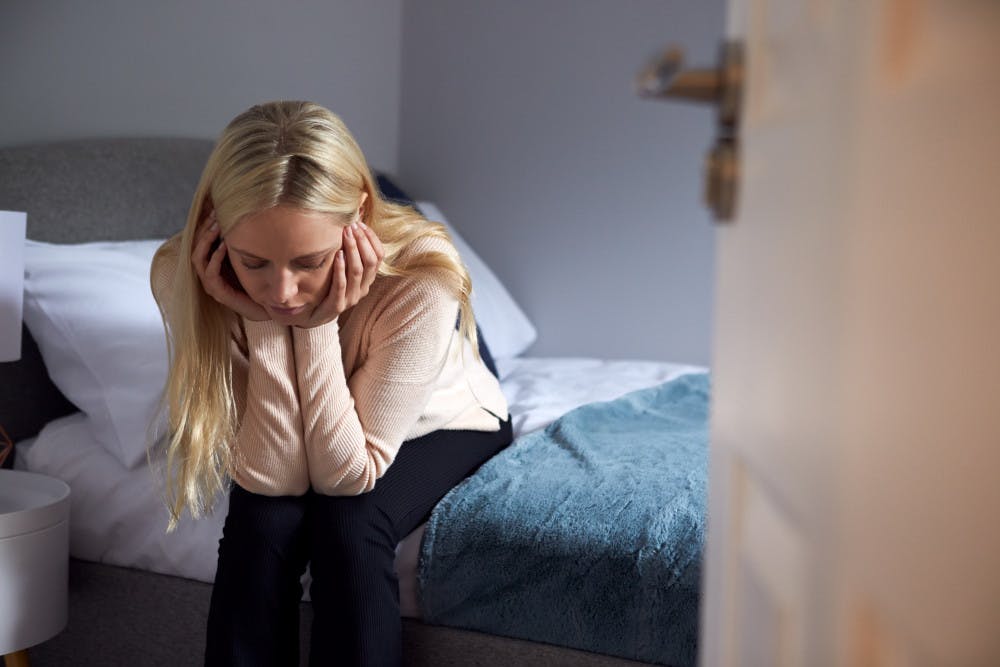By Jenna Hart
In the 21st century, we as ever-evolving young adults are in a world where the odds can feel stacked against us in almost every aspect. Between the heavily polarized state of our nation, the loss we have experienced from this pandemic and the not-so-friendly reminder that our planet is pretty much dying, hope can be hard to hold onto. So the occasional joke of “I want to die” is thrown around to combat and cope with the nihilism of our generation.
The Crisis Centre states that “as many as 80 percent of suicidal people mention or joke about suicide to others in their lives as a cry for help.” The commonality of these jokes allows for these red flags to be overlooked.

The internet holds a plethora of memes made to lighten up the heavy topic of mental health. We have lived through an era where eating Tide Pods was both an ironic and unironic “trend,” and “drinking bleach” was a statement thrown around after any minor inconvenience that occured. This dark humor acts as a defense mechanism to deal with the countless issues our generation faces both in our daily lives and in the world around us. But its problematic nature holds some concern.
Suicide is the second leading cause of death among Americans ages 10-34, according to the National Institute of Mental Health. One in five college students have seriously considered suicide, 9 percent having attempted suicide and 20 percent reported self injury.
The widespread relatability of these “jokes” shines light on the issue that suicide rates have skyrocketed within the past decade, while offering a distraction from a bad situation. However, it blurs the lines between who really needs help and who is merely having a bad day.
These jokes can trivialize the severity of the situation, but they also can offer a way to cushion the severity of a difficult topic, which helps erase the taboo label and encourage more conversations regarding mental health. Through a twisted sense of humor we can let our misery and angst out in a way that will make us laugh instead of cry. Everything is good in moderation, and this is no exception.
While there’s no immediate harm in memes like eating Tide Pods or “drinking bleach,” it could also be hinting to something beneath the surface. Whether it’s someone's way of relieving stress or if it’s an actual cry for help, it doesn’t hurt to ask and show that you care. It’s best to be safe than sorry.
How to help
Check in not only on others, but on yourself as well. If you are using this humor as a coping mechanism, ask yourself what you need to cope with. Amidst a pandemic that has kept us socially isolated, it is still important to note that you are never really alone.
The College offers a variety of mental health resources, from clubs promoting mental health awareness with campus-wide events to more direct counseling and care referrals that can be made to check in on someone who may need the support. More links for self help and other resources can be found on the College’s Mental Health Services webpage.
At the end of the day, there’s never any harm in overanalyzing just a little bit. There is a fine line between a mere joke and a cry for help, with no definitive way to distinguish the difference.
All we can do is keep an eye out for others, and most importantly, for ourselves.







